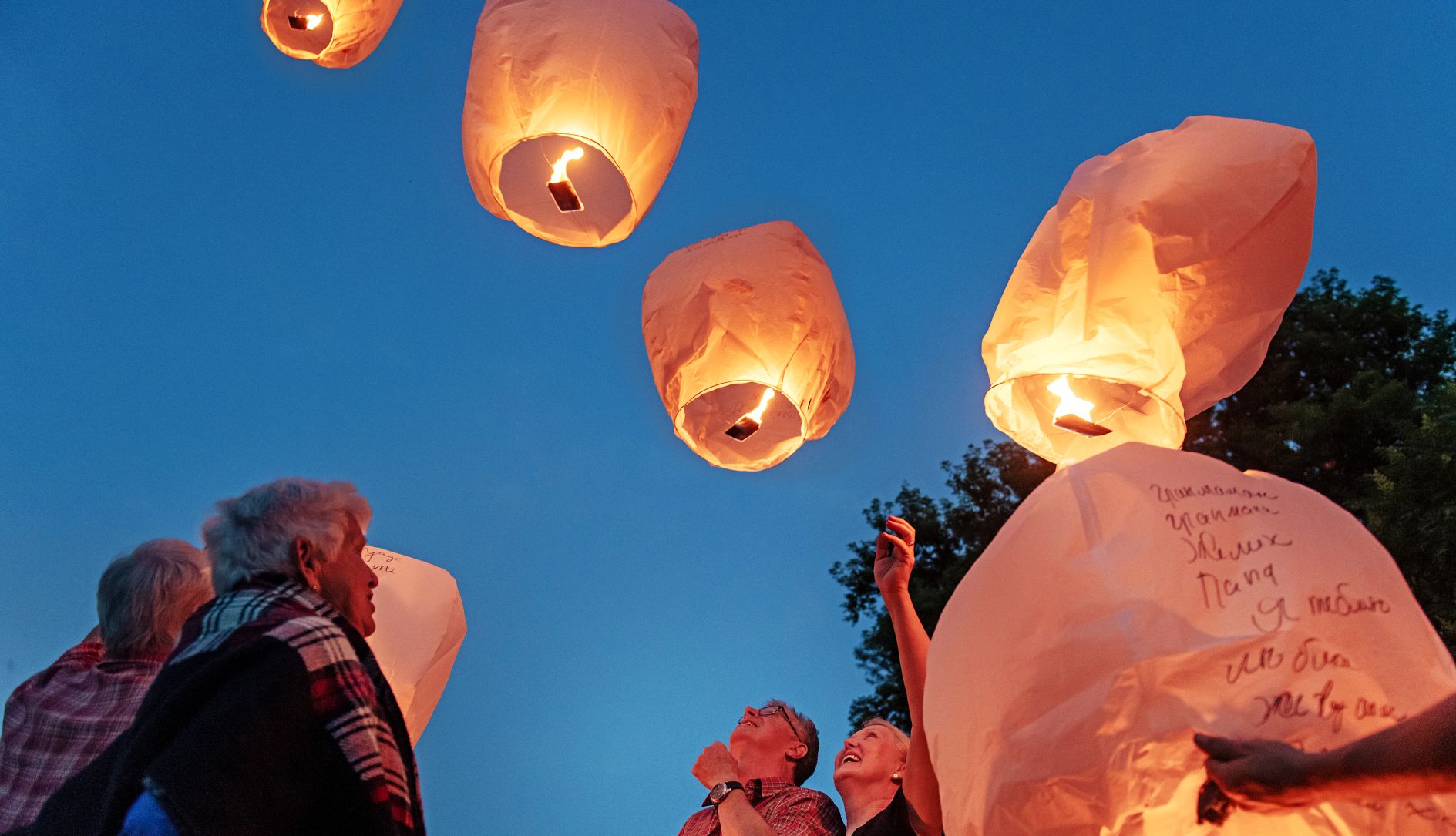AARP Hearing Center
Carl Reiner, the legendary comedy writer, producer, director and performer, told CBS Sunday Morning in 2015 that the first thing he does in the morning before he has coffee is read the obituaries. “If I'm not in there, I know that I'm alive,” he said.
His death in June at age 98 made news around the world and garnered obituaries in the New York Times, in People magazine and on CNN. Reiner was like many of us who turn right to the obits to see who has died, whether the individual is a politician, a celebrity or a neighbor from down the street.
It's typically up to family or other loved ones to write an obituary. That's a tough task on its own. And it's often done while the bereaved are in mourning, grappling with myriad funeral details and notifying others of the loss.
"People have to do something entirely new that they've never done before at their moment of grief,” says Jane Lerner, a former journalist who wrote scores of obituaries and a column for a newspaper in New York state and then turned her experience into a business called Lives Lived: A Professional Obituary Writing Service.
Getting the structure down
The best obits are memorable portraits that reveal notable details about a person's life and how it affected others. But it's also important to include the basics of a person's life and to share any funeral service information.
Numerous free online resources and templates offer help with getting an outline set, including many offered by funeral homes. A checklist offered by Shirley Brothers Funeral Homes and Crematory in Indianapolis is typical. It includes:
- Age
- Any familial survivors
- Education
- Vocation
- When the person retired, if relevant
- Any military affiliations
- Any volunteer affiliations
- Date, time and location of the funeral
- Any viewing details
- Requests for donations in lieu of flowers
Some obituaries don't mention the cause of death. Lerner recommends including it if possible because readers will want to know, and then the rest of the piece can focus on the person's life. “An obituary doesn't need to be about how someone died but about how someone lived,” she says.
Celebrate what made your loved one unique
Did your mother play shortstop in high school or take a second job to put you through college? Take the time to highlight such details, and include what else made the deceased special, such as hobbies, nickname or proudest accomplishments.
































































